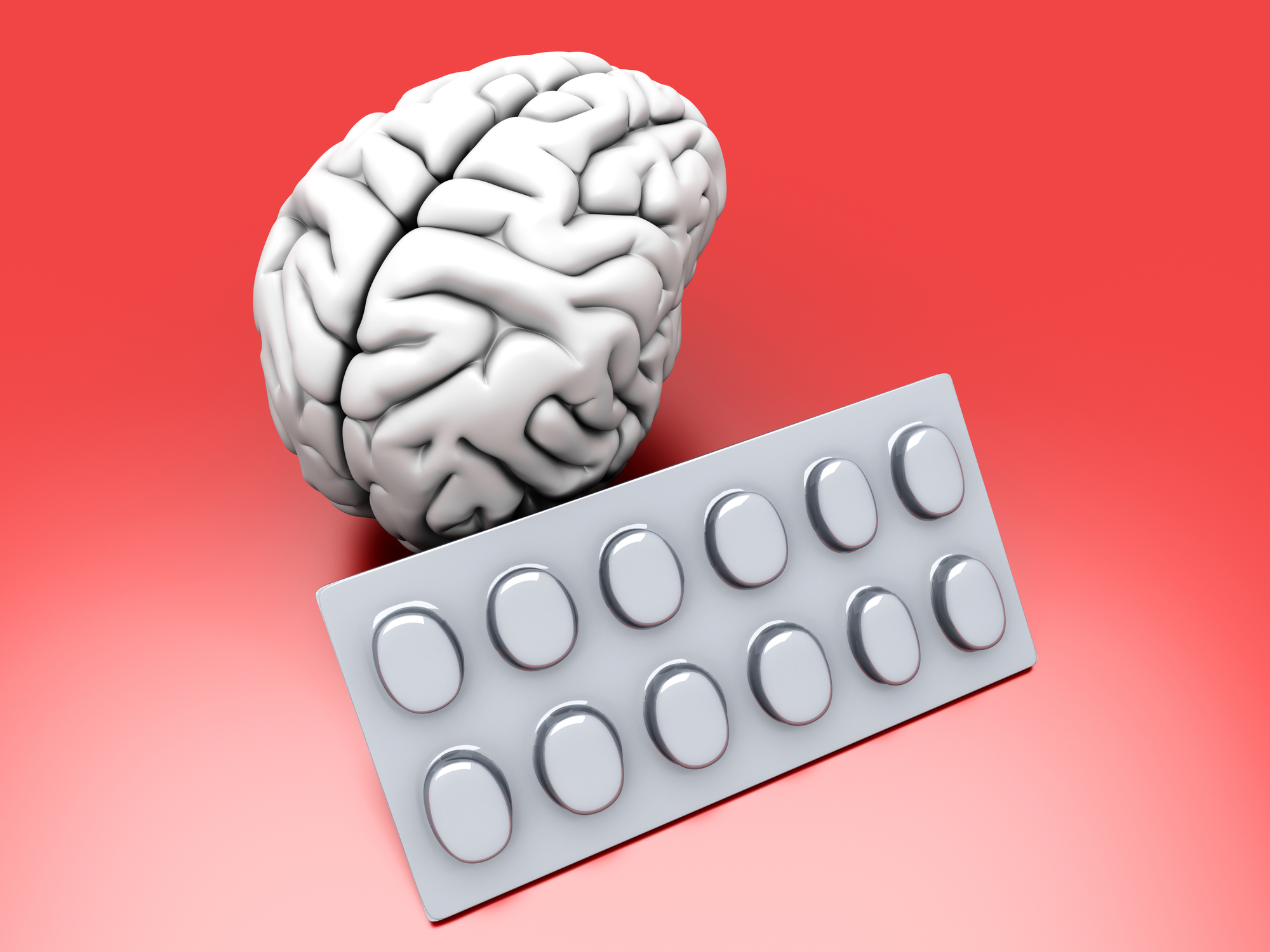Introduction
In the quest for improved cognitive performance and mental well-being, many individuals are turning to nootropics derived from natural sources. One such nootropic that has gained attention for its potential cognitive-enhancing properties is Oat Straw (Avena sativa). Oat Straw, traditionally known as a mild nervine and restorative herb, has been used for centuries for various health benefits. In this comprehensive guide, we will explore the benefits of Oat Straw nootropics, their mechanisms of action, potential side effects, and how to use them effectively to support cognitive function.
What is Oat Straw
Oat Straw, also known as Avena sativa, is the green, unripe stems of the oat plant. While oats themselves are a common dietary staple, Oat Straw is often less recognized but has a rich history of use in traditional herbal medicine. Oat Straw is primarily used for its potential to support mental and physical well-being, making it a valuable component of the nootropic landscape.
Benefits of Oat Straw Nootropics
Cognitive Enhancement
One of the primary reasons for the interest in Oat Straw nootropics is their potential to enhance cognitive function. While more research is needed to fully understand the mechanisms involved, several factors contribute to this benefit:
- Increased Cerebral Blood Flow: Oat Straw may improve blood flow to the brain, ensuring an adequate supply of oxygen and nutrients to support optimal cognitive function.
- Neuroprotection: Oat Straw contains antioxidants that can help protect neurons from oxidative stress. This neuroprotection may reduce the risk of cognitive decline and support overall brain health.
- Enhanced Attention and Concentration: Some users report increased focus, attention, and mental clarity when using Oat Straw nootropics.
Stress Reduction and Anxiety Management
Chronic stress and anxiety can impair cognitive function and mental well-being. Oat Straw has a reputation as an adaptogen, meaning it may help the body adapt to and manage stress. Its potential benefits in this regard include:
- Calming Properties: Oat Straw is believed to have mild sedative effects, which can help reduce stress and anxiety. It may promote relaxation and a sense of calm without the drowsiness associated with some other anxiolytics.
- Cortisol Regulation: Oat Straw may help regulate cortisol levels, the body’s primary stress hormone. Elevated cortisol levels over time can be detrimental to cognitive function, and Oat Straw’s ability to support balanced cortisol production may mitigate this.
Better Sleep Quality
Quality sleep is crucial for cognitive performance and overall health. Oat Straw nootropics may promote better sleep by
- Relaxing the Nervous System: Its calming properties can help relax the nervous system, making it easier to fall asleep and stay asleep.
- Inducing a Sense of Calm: By reducing anxiety and stress, Oat Straw may promote a tranquil mindset conducive to quality sleep.
- Regulating Sleep Patterns: Some users report that Oat Straw nootropics help regulate their sleep patterns, leading to more restful nights.
Mood Enhancement
A stable and positive mood is vital for cognitive well-being. Oat Straw may contribute to mood enhancement through
- Serotonin Production: Oat Straw is believed to support the production of serotonin, a neurotransmitter associated with feelings of happiness and well-being.
- Neurotransmitter Balance: By helping balance neurotransmitters, Oat Straw may contribute to an improved overall mood.
Physical Vitality
Physical health and vitality are closely linked to cognitive performance. Oat Straw nootropics may boost physical vitality through
- Enhanced Energy Levels: Some users report an increase in physical energy and endurance, which can indirectly benefit cognitive function.
- Supporting Overall Health: The antioxidants in Oat Straw contribute to general health and well-being, providing a solid foundation for cognitive performance.
Mechanisms of Action
To better understand how Oat Straw nootropics offer these potential benefits, let’s delve into the underlying mechanisms
Increased Cerebral Blood Flow
Oat Straw may help improve cognitive function by increasing cerebral blood flow to the brain. This improved blood circulation ensures that the brain receives an ample supply of oxygen and nutrients, which are vital for optimal brain function.
Antioxidant Properties
Oat Straw contains antioxidants, such as flavonoids and phenolic compounds, which help protect neurons from oxidative stress. By reducing oxidative damage, it may help safeguard cognitive health and prevent age-related cognitive decline.
Anxiolytic and Sedative Effects
Oat Straw is considered a mild anxiolytic and sedative, primarily due to its effect on the central nervous system. These properties can promote relaxation and reduce stress and anxiety, ultimately benefiting cognitive function.
Regulation of Cortisol
The potential ability of Oat Straw to regulate cortisol, the body’s primary stress hormone, may help maintain balanced levels of this hormone. Chronically elevated cortisol can negatively impact cognitive function and mood.
Serotonin Production
Oat Straw is believed to stimulate the production of serotonin, a neurotransmitter that plays a significant role in mood regulation. By supporting healthy serotonin levels, Oat Straw may enhance overall mood.
Potential Side Effects
While Oat Straw nootropics are generally considered safe and well-tolerated, some individuals may experience side effects. It’s essential to be aware of potential reactions and use Oat Straw responsibly
- Allergic Reactions: In rare cases, individuals may be allergic to Oat Straw. If you experience symptoms such as itching, hives, or swelling, discontinue use immediately.
- Digestive Issues: Some users have reported mild gastrointestinal discomfort, such as bloating or diarrhea, when taking Oat Straw supplements. Starting with a lower dose and gradually increasing it can help mitigate these issues.
- Drowsiness: While Oat Straw is not known to induce drowsiness in most users, some individuals may feel more relaxed and, in rare cases, drowsy. If this occurs, avoid operating heavy machinery or performing tasks that require full alertness.
- Interactions with Medications: Oat Straw supplements may interact with certain medications, such as sedatives or medications that affect serotonin levels. Consult a healthcare provider if you are taking these types of medications.
- Pregnancy and Lactation: Limited research is available on the safety of Oat Straw during pregnancy and breastfeeding. It is advisable for pregnant and breastfeeding women to avoid its use or consult a healthcare provider.
How to Use Oat Straw Nootropics Effectively
To maximize the potential benefits of Oat Straw nootropics and minimize the risk of side effects, consider the following guidelines:
- Consult a Healthcare Provider: Prior to starting any new supplement regimen, especially if you have pre-existing health conditions or are taking medications, consult with a healthcare provider.
- Select High-Quality Products: Choose Oat Straw supplements from reputable brands known for their quality and transparency in labeling.
- Start with a Low Dose: Initiate supplementation with a low dose and gradually increase it if necessary. This approach can help your body adapt and reduce the risk of side effects.
- Monitor Your Body’s Response: Pay close attention to how your body reacts to Oat Straw nootropics. If you experience any adverse effects, discontinue use and seek medical advice.
- Combine with a Healthy Lifestyle: Oat Straw is most effective when integrated into a healthy lifestyle. Maintain a balanced diet, engage in regular physical activity, and manage stress to support cognitive health.
- Cycling: Some users find it beneficial to cycle their use of Oat Straw nootropics. Cycling involves taking breaks from the supplement to prevent tolerance from developing.
Conclusion
Oat Straw nootropics, derived from the green, unripe stems of the oat plant, have gained recognition for their potential cognitive-enhancing properties. They may support cognitive function, reduce stress and anxiety, improve sleep quality, enhance mood, and boost physical vitality. While more research is needed to fully understand their mechanisms of action, the historical use of Oat Straw and the growing body of anecdotal evidence suggest that it holds promise as a natural nootropic.
As with any supplement, it’s essential to use Oat Straw nootropics responsibly and consult a healthcare provider if you have any concerns about their safety or interactions with medications. By incorporating Oat Straw into a balanced and healthy lifestyle, individuals seeking cognitive enhancement may discover a natural and effective means to support their mental well-being.
- The Comprehensive Guide to the Benefits of Lion’s Mane Functional Mushrooms - October 24, 2023
- The Comprehensive Guide to the Benefits of Oat Straw Nootropics - October 24, 2023
- The Comprehensive Guide to the Benefits of Coleus barbatus Nootropics - October 24, 2023

